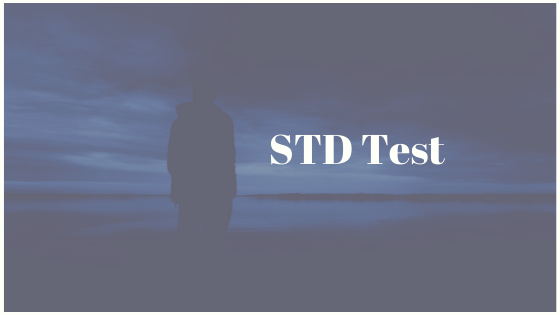
Important Information on Schizophrenia
One of the first things to keep in mind when you are seeking information on schizophrenia for yourself or for loved ones is that schizophrenia is considered a psychosis; and unlike neuroses, wherein a sufferer can have many or most or all of the “symptoms”, with a psychosis, the patient has ALL of the symptoms. So when you do find some interesting, fascinating, helpful information on schizophrenia, do not try to self-diagnose. Read more, ask more specialists, and see the appropriate mental health and/or medical professionals. The best way to find psychiatrist in New York is using the internet. Just type “psychiatrist New York” and you will get several psychiatrist websites to choose from.
That said, so those of us borderline hypochondriacs who find a new malady once a week will be spared the panic of said information on schizophrenia, here are the clinical details of the disorder once termed Dementia Praecox (and coined schizophrenie, from the Greek, “split mind,” by Bleuler in the early 1900s):
While for decades, schizophrenia was categorized—into Hebephrenia, Catatonia, and other separate schizophrenias, today many specialists understand schizophrenia in general to include symptoms such as hallucinating, experiencing delusions, having “derailed” or incoherent speech; and displaying what one expert identifies as “grossly disorganized or catatonic behavior.”

But further, mental health professionals categorize their information on schizophrenia in the following way, according to their assertion that there are five “recognized subtypes” of schizophrenia which are 1) paranoid schizophrenia, 2) disorganized schizophrenia, 3) catatonic schizophrenia, 4) undifferentiated schizophrenia, and what they call 5) residual schizophrenia.
An individual with paranoid schizophrenia characteristically shows evidence of “prominent” delusions, those which are typically auditory and which usually come and go during an episode. The individual may experience delusions of grandeur (how great am I) or persecution (X is/are after me) or what doctors call command hallucinations, wherein someone or thing is commanding him or her to carry out untraditional, unusual, illogical, or illegal acts. Other symptoms for the paranoid schizophrenic include anxiety, fright, anger, apathy, and/or recalcitrance or an argumentative attitude.
An individual diagnosed with hebephrenic schizophrenia—now called disorganized type—will typically have flat (no) or inappropriate affect (laughing when there is no relevant humor, for instance), and will be disorganized in speech.





